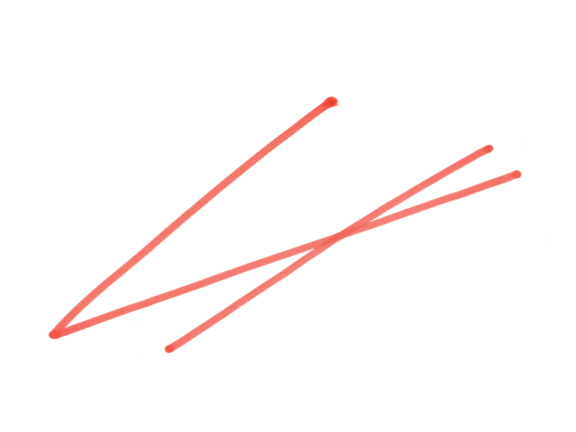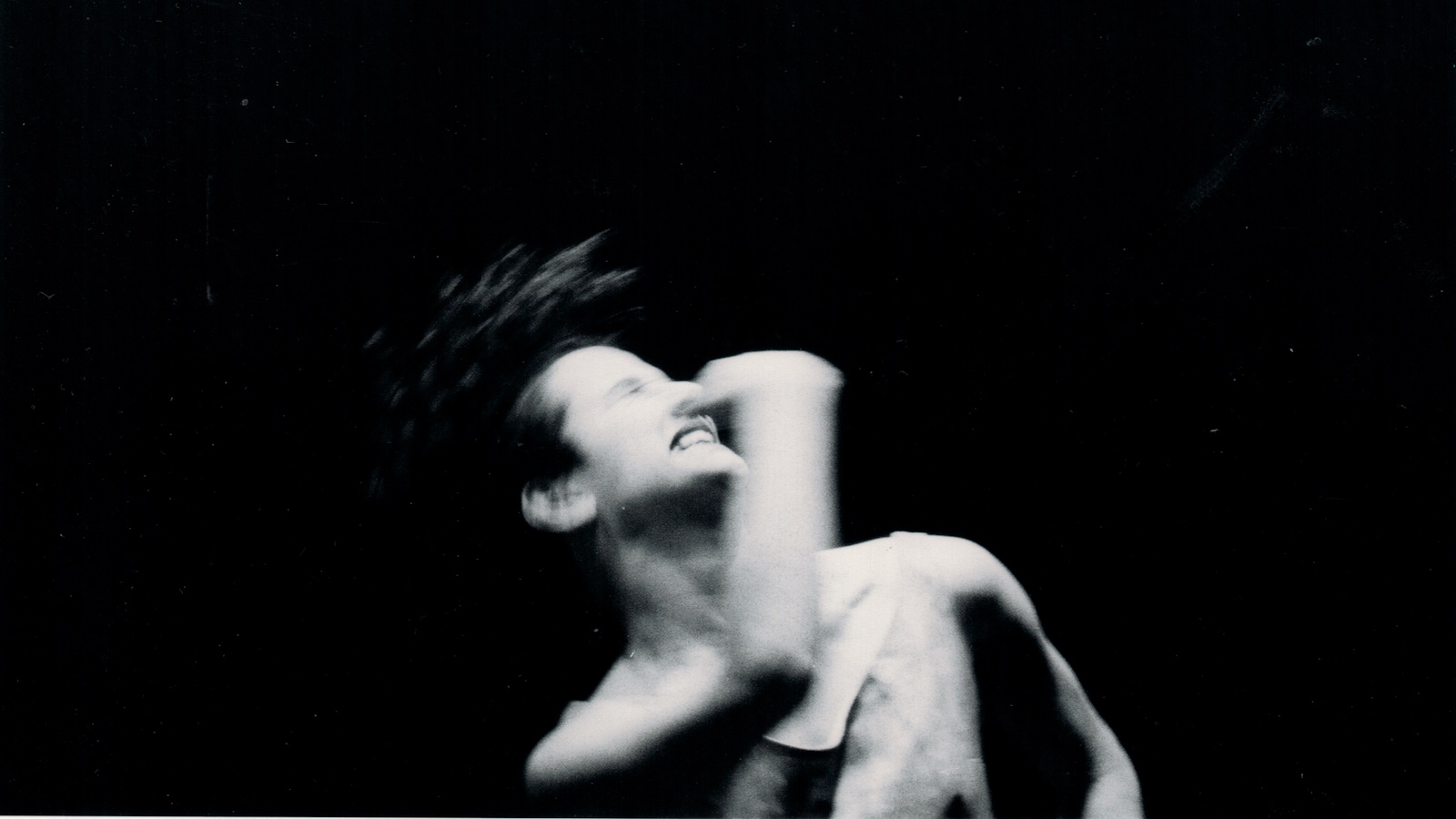
Exhibiting dance in the museum?
Dance exhibitions: stories, institutionality and devices – the Spanish case
Event Slider
Date
- / Cancelled / Sold out
Location
Lower Gallery Calouste Gulbenkian FoundationHow have creators and curators responded to the discursive frameworks and modes of production derived from the choreographic turn? What strategies are articulated in the devices of these exhibitions to promote new forms of relationship with the public? What transformations have been observed in the operating dynamics of Spanish institutions? What is the relationship between institutionalization and exhibitions?
Since the beginning of the 21st century, the living arts in general – and contemporary dance in particular – have been gaining weight in museums, galleries and art events all over the world. The choreographic and performative shifts described by various authors have attracted a great deal of attention from audiences, institutions and specialists, and seem to characterise a cultural trend that goes beyond the field of contemporary art. This concern has translated into a vast production of theoretical, artistic and curatorial initiatives that reflect on the role of dance in its relationship with the white cube and the art that traditionally inhabits it.
Among these proposals, exhibitions are a privileged space for analysis in order to understand how contemporary dance has entered the museum sphere. Through various exhibition devices, these shows and exhibitions materialise multiple investigations that explore the relationship between dance and the field of contemporary art and its institutions, while at the same time recovering specific languages, aesthetics and histories of this artistic practice.
Image: Vera Mantero, Talvez ela pudesse pensar primeiro e dançar depois. © José Fabião
Speakers
-
Blanca Molina Olmos
Blanca Molina Olmos has a degree in Art History (Universidad de Murcia, 2019) and a Master’s degree in Contemporary Art History and Visual Culture (Universidad Autónoma de Madrid, Universidad Complutense de Madrid and Museo Nacional Centro de Arte Reina Sofía, 2020). She is an FPU PhD candidate (FPU20/01347) in the Department of Art History and Theory at the Autonomous University of Madrid, where she is developing a thesis on the institutionalisation, curation and reception of contemporary dance in Spanish museums and art centres, under the supervision of Dr Olga Fernández López and Dr Juan Albarrán Diego. Her research focuses on dance and performance. She has participated in various national and international conferences and has published in collective volumes and academic journals.
The Calouste Gulbenkian Foundation reserves the right to collect and keep records of images, sounds and voice for the diffusion and preservation of the memory of its cultural and artistic activity. For further information, please contact us through the Information Request form.

